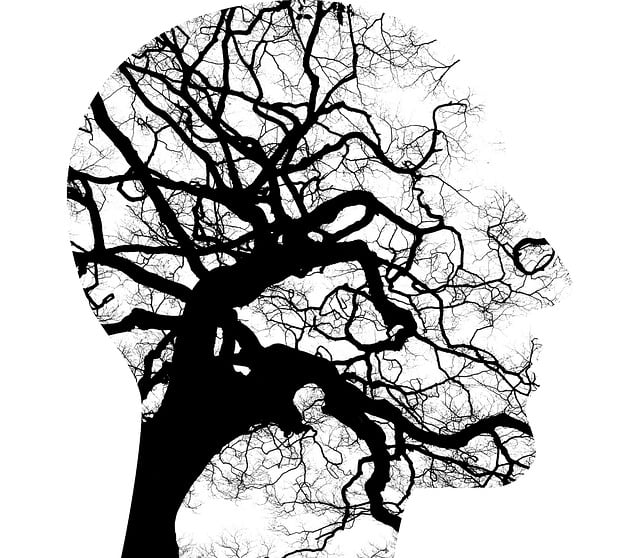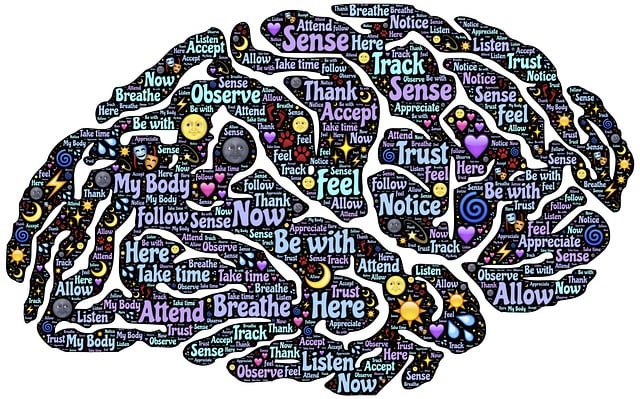Public awareness campaigns focused on education and evidence-based information are vital in understanding and addressing ADHD in Littleton. These initiatives should empower individuals with ADHD through self-esteem improvement programs, communication strategies, and crisis intervention guidance to navigate social and educational environments successfully. A holistic approach tailored to local needs, including personal success stories and expert insights, combined with strategic use of traditional and digital media, is crucial for dispelling myths and reducing stigma around mental health issues like Littleton ADD-ADHD Therapy. Evaluating campaign impact through both short-term knowledge gains and long-term service access, coupled with iterative refinement based on data, ensures continuous improvement in reaching and assisting affected individuals.
Public awareness campaigns play a pivotal role in shaping societal understanding of mental health issues. This article explores strategies to enhance such initiatives, focusing on education as a cornerstone in the fight against stigma. We delve into targeting specific audiences, crafting narratives that resonate, and selecting the right media channels, including digital platforms. By examining case studies like Littleton ADD-ADHD Therapy, we uncover effective campaign reach and measurement techniques, emphasizing the importance of iteration for improved outcomes.
- Understanding Public Awareness: The Role of Education in Mental Health
- Targeting the Right Audience: Strategies for Effective Campaign Reach
- Crafting Compelling Narratives: Sharing Personal Stories and Expert Insights
- Choosing the Right Media: Digital, Traditional, and Community Engagement
- Measuring Success: Evaluating the Impact and Iterating Campaigns for Better Results
Understanding Public Awareness: The Role of Education in Mental Health

Public awareness campaigns play a pivotal role in shaping societal perceptions and fostering understanding of mental health issues, including Attention Deficit Hyperactivity Disorder (ADHD). Education is a cornerstone of these efforts, acting as a powerful tool to dispel myths, reduce stigma, and promote empathy. By integrating evidence-based information into these campaigns, we can ensure that individuals across diverse backgrounds gain accurate insights into ADHD’s presentation, impact, and available support systems.
Littleton ADD-ADHD Therapy initiatives should not only focus on raising awareness but also equip individuals with practical communication strategies and crisis intervention guidance. Enhanced self-esteem and improved communication skills are essential components of managing ADHD symptoms, enabling affected individuals to navigate social interactions and educational settings more effectively. Through comprehensive self-esteem improvement programs integrated into public health initiatives, we can empower those with ADHD to embrace their unique strengths while developing coping mechanisms for challenges they may face.
Targeting the Right Audience: Strategies for Effective Campaign Reach

To ensure the effectiveness of public awareness campaigns, such as those promoting Littleton ADD-ADHD Therapy or focusing on Depression Prevention, understanding and targeting the right audience is paramount. The first step involves demographic segmentation, identifying age groups, genders, and geographic locations most affected by the issue at hand. For instance, campaigns tackling Self-Esteem Improvement might focus on adolescents and young adults, while Mental Health Policy Analysis and Advocacy could target policymakers and community leaders.
Additionally, psychographic segmentation considers lifestyle, values, attitudes, and interests of potential audience members. This involves understanding their mental health literacy, willingness to engage in therapy, or support for policy changes. By combining both demographic and psychographic data, campaign developers can tailor messages that resonate deeply with the intended recipients, enhancing engagement and ultimately leading to more meaningful impact on key issues like ADD-ADHD Therapy or broader mental health initiatives.
Crafting Compelling Narratives: Sharing Personal Stories and Expert Insights

Crafting compelling narratives is a powerful tool in public awareness campaigns, especially when it comes to sensitive topics like ADD-ADHD therapy in Littleton. Personal stories have the unique ability to humanize complex issues, allowing audiences to connect and empathize on a deeper level. Sharing the experiences of individuals who have successfully navigated challenges related to mental health can inspire hope and encourage others seeking similar support. For instance, featuring case studies or testimonials from clients who have benefited from specialized therapy services in Littleton can be incredibly impactful.
Additionally, incorporating expert insights adds depth and credibility to these narratives. Mental Health Policy Analysis and Advocacy professionals can provide valuable context by discussing the significance of early intervention and access to quality care. Stress Management Workshops Organization leaders might offer practical tips on coping strategies that have proven effective in their programs. By weaving together personal stories and expert advice, campaigns can effectively dispel misconceptions about ADD-ADHD, reduce the stigma associated with mental illness, and ultimately advocate for better support systems, such as those available through local therapy centers in Littleton.
Choosing the Right Media: Digital, Traditional, and Community Engagement

When developing public awareness campaigns for issues like Littleton ADD-ADHD Therapy or even Burnout Prevention Strategies for Healthcare Providers, the choice of media is paramount. Traditional methods like television and radio ads remain powerful tools to reach broad audiences, especially in conveying essential information about mental health services. However, in today’s digital age, online platforms offer unprecedented precision in targeting specific demographics with tailored messages. Social media, for instance, can effectively raise awareness among younger populations while community engagement events foster personal connections, as seen in local support groups for Depression Prevention and Trauma Support Services.
For optimal impact, a multi-platform approach often proves most effective. By combining digital strategies that cater to tech-savvy audiences with traditional methods that still hold significant reach, campaign organizers can create a comprehensive awareness narrative. This strategy ensures messages resonate with diverse communities, whether through the personal connections fostered by local events or the widespread exposure possible with digital media, ultimately amplifying the impact of initiatives like Littleton ADD-ADHD Therapy outreach programs.
Measuring Success: Evaluating the Impact and Iterating Campaigns for Better Results

Evaluating the success of public awareness campaigns is a crucial step in understanding their impact and identifying areas for improvement. It involves assessing both short-term and long-term outcomes, such as increased knowledge, changed behaviors, or improved mental health services accessibility, like what Littleton ADD-ADHD Therapy offers. By measuring these results, campaign organizers can adapt strategies to better target specific audiences and tailor messages for maximum effect.
Iterating campaigns based on the gathered data is key to continuous improvement. This process involves analyzing what worked well and what didn’t, then refining content, delivery methods, and platforms to enhance future initiatives. For instance, adjusting messaging to resonate with different demographics or incorporating new technologies can significantly impact engagement levels. Mind Over Matter principles can guide this evaluation by emphasizing the power of conscious thought in shaping public perception, while a thorough Risk Assessment for Mental Health Professionals ensures safe and effective campaign implementation.
Public awareness campaigns play a pivotal role in addressing mental health issues, like ADD/ADHD in Littleton. By combining education, strategic targeting, compelling narratives, and thoughtful media choices, we can foster understanding and reduce stigma. Measuring campaign success and iterating based on impact ensures that efforts remain effective and aligned with the needs of our community. Through these comprehensive approaches, we can create a more inclusive and supportive environment for everyone in Littleton, including those seeking ADD/ADHD therapy.














